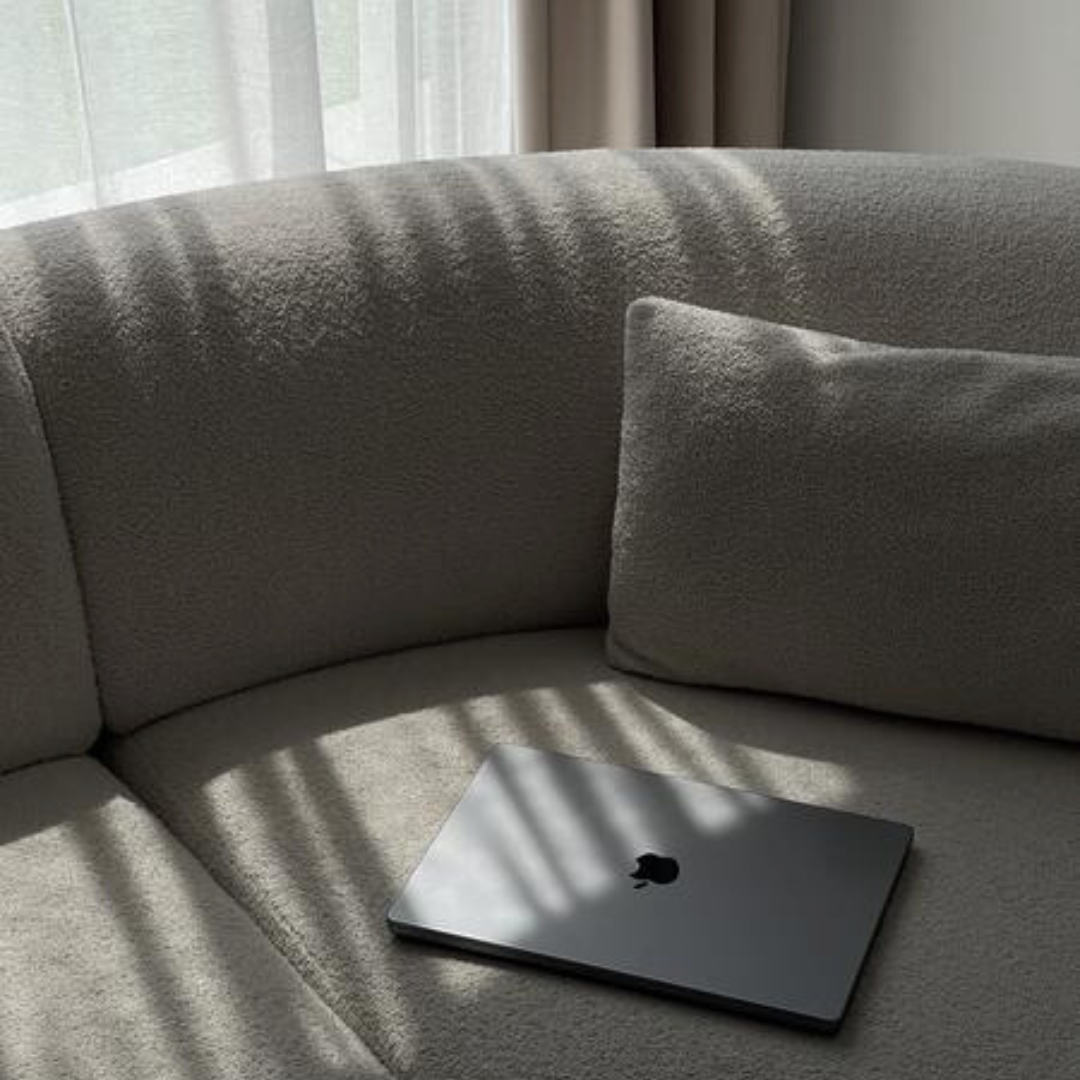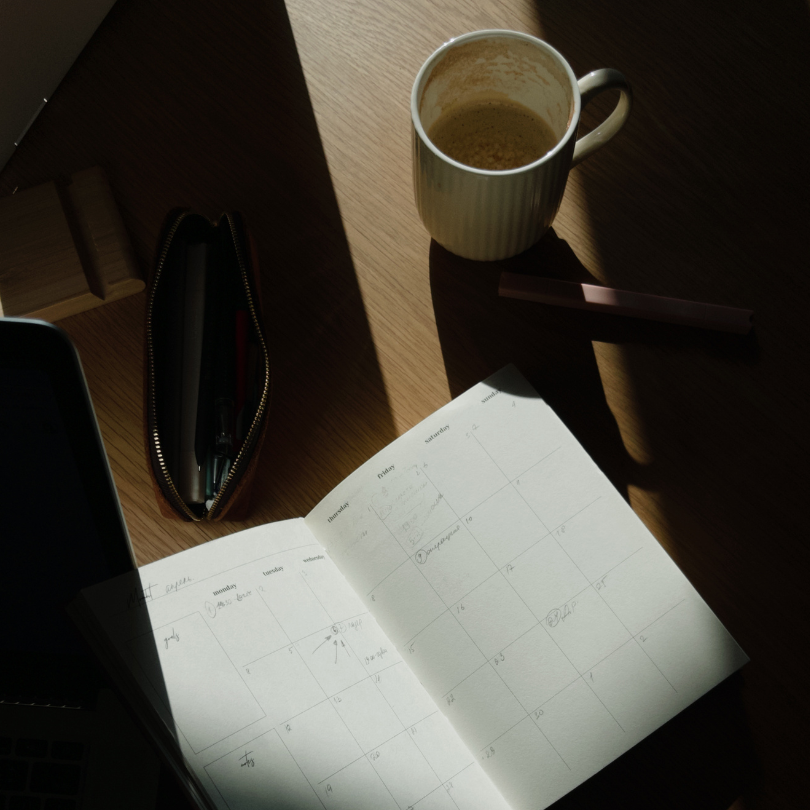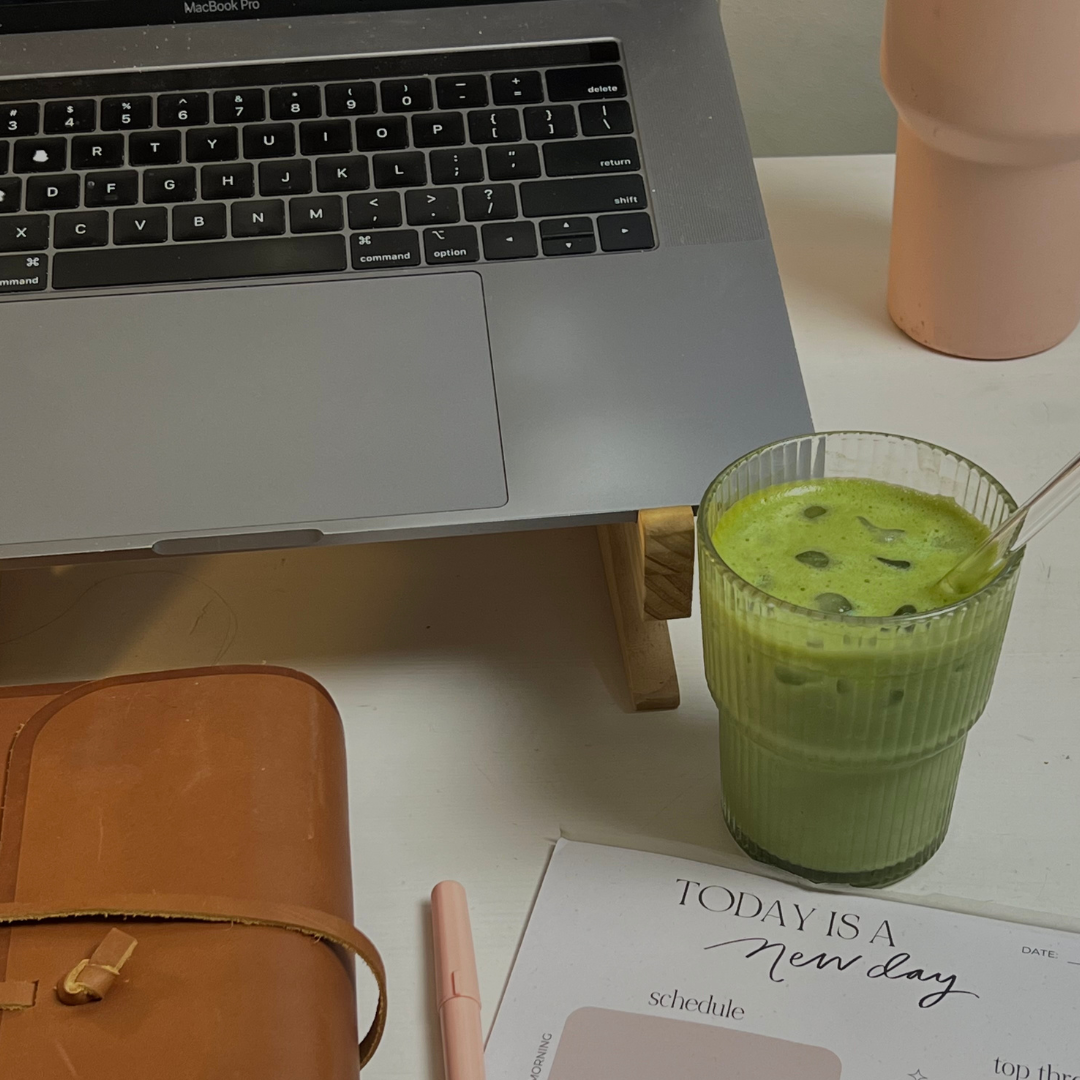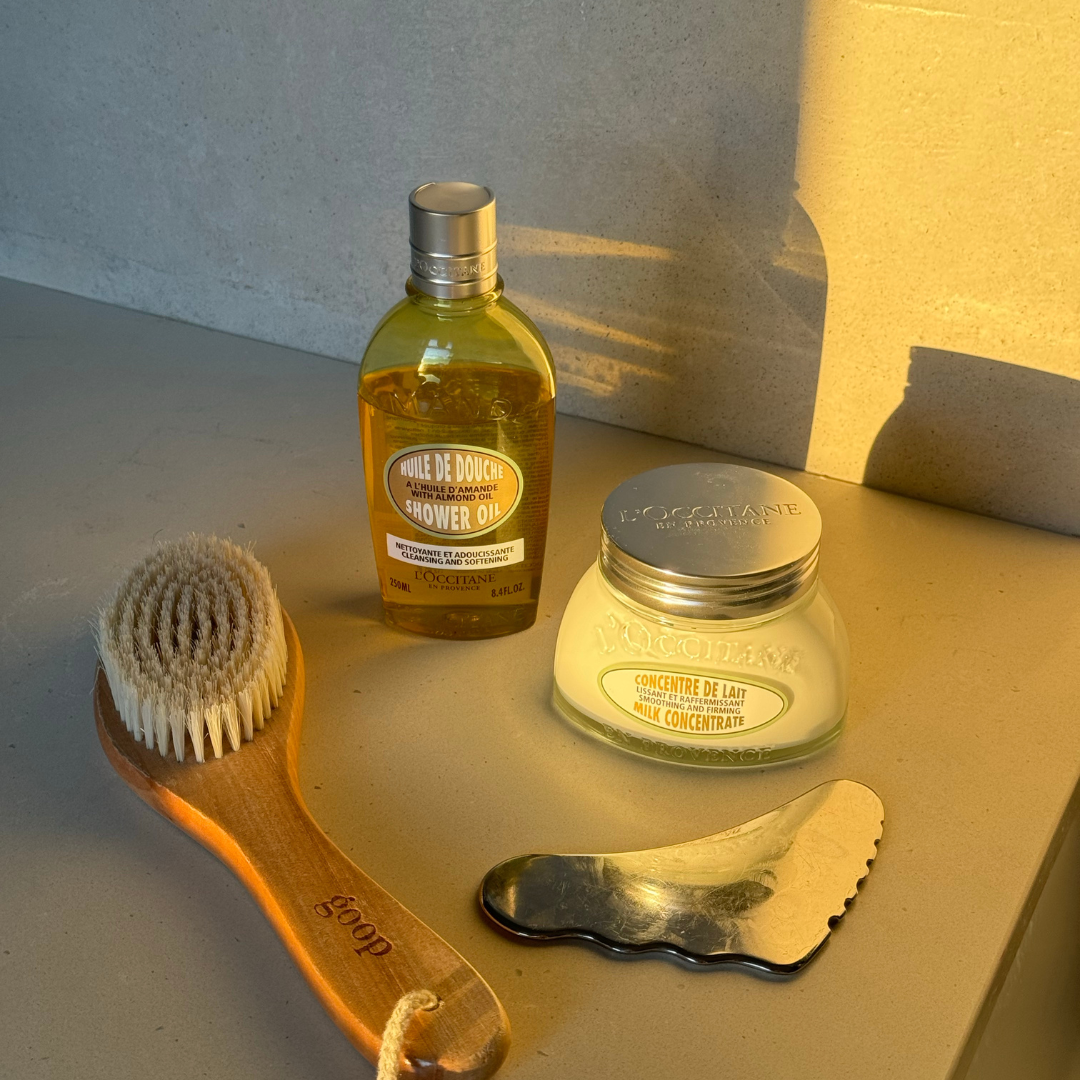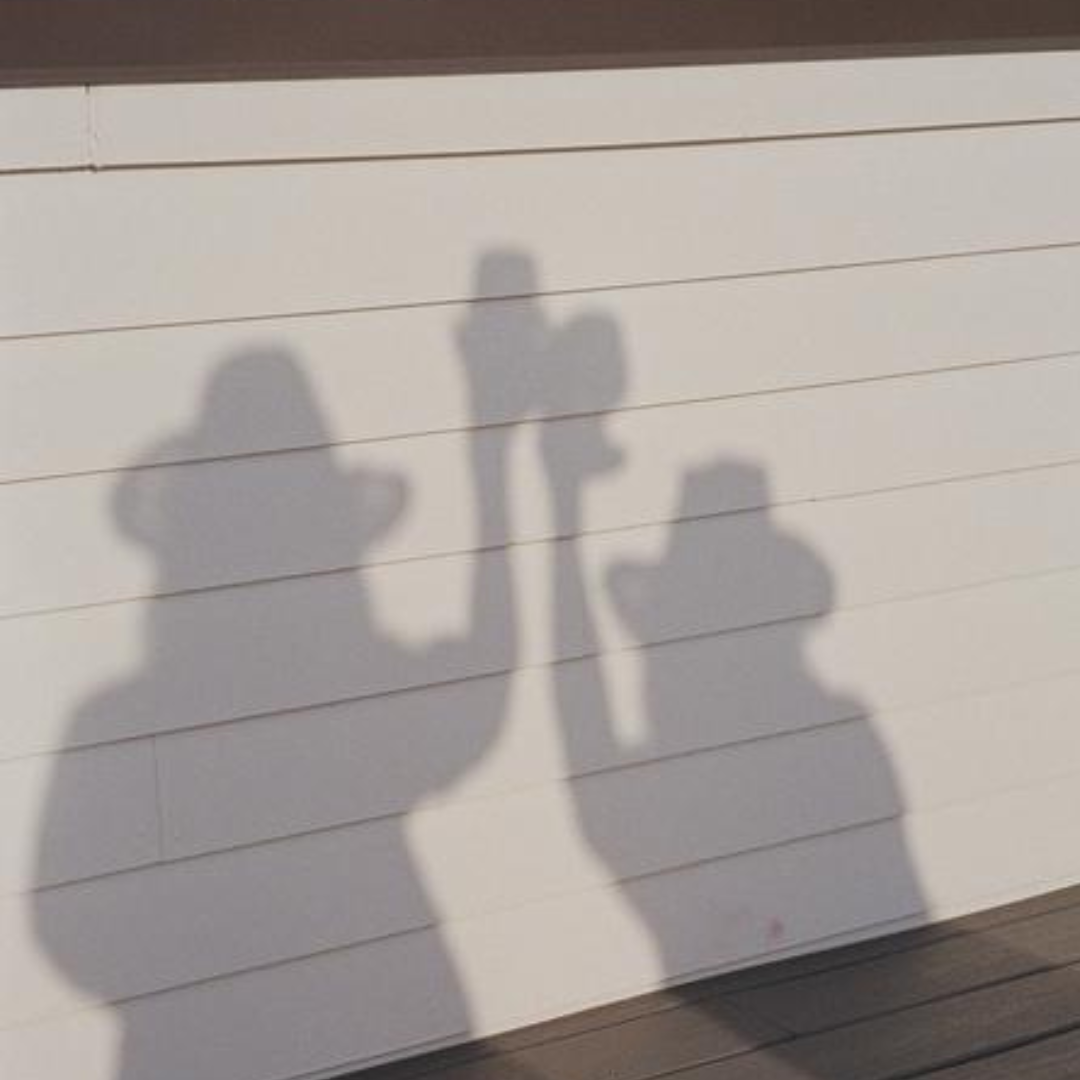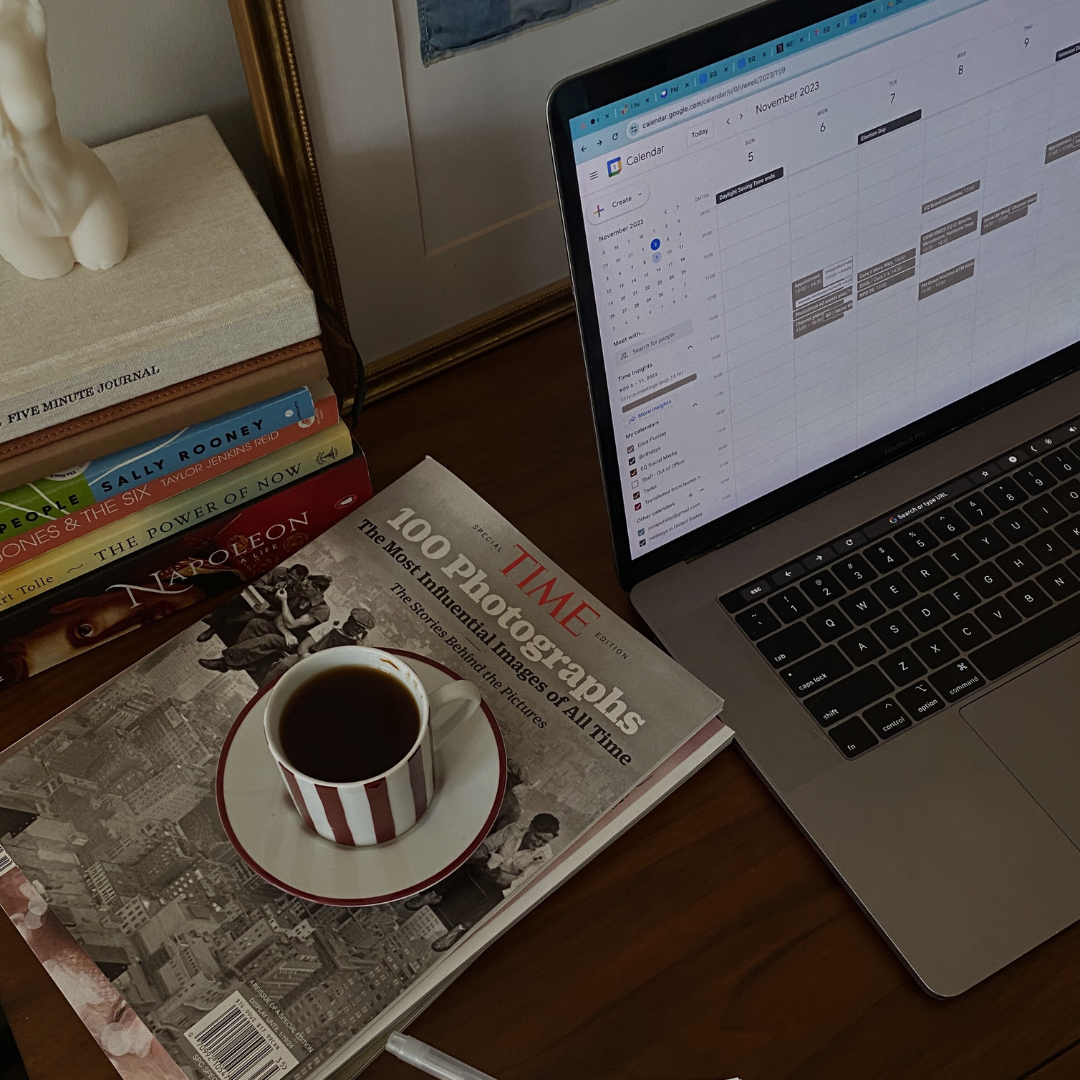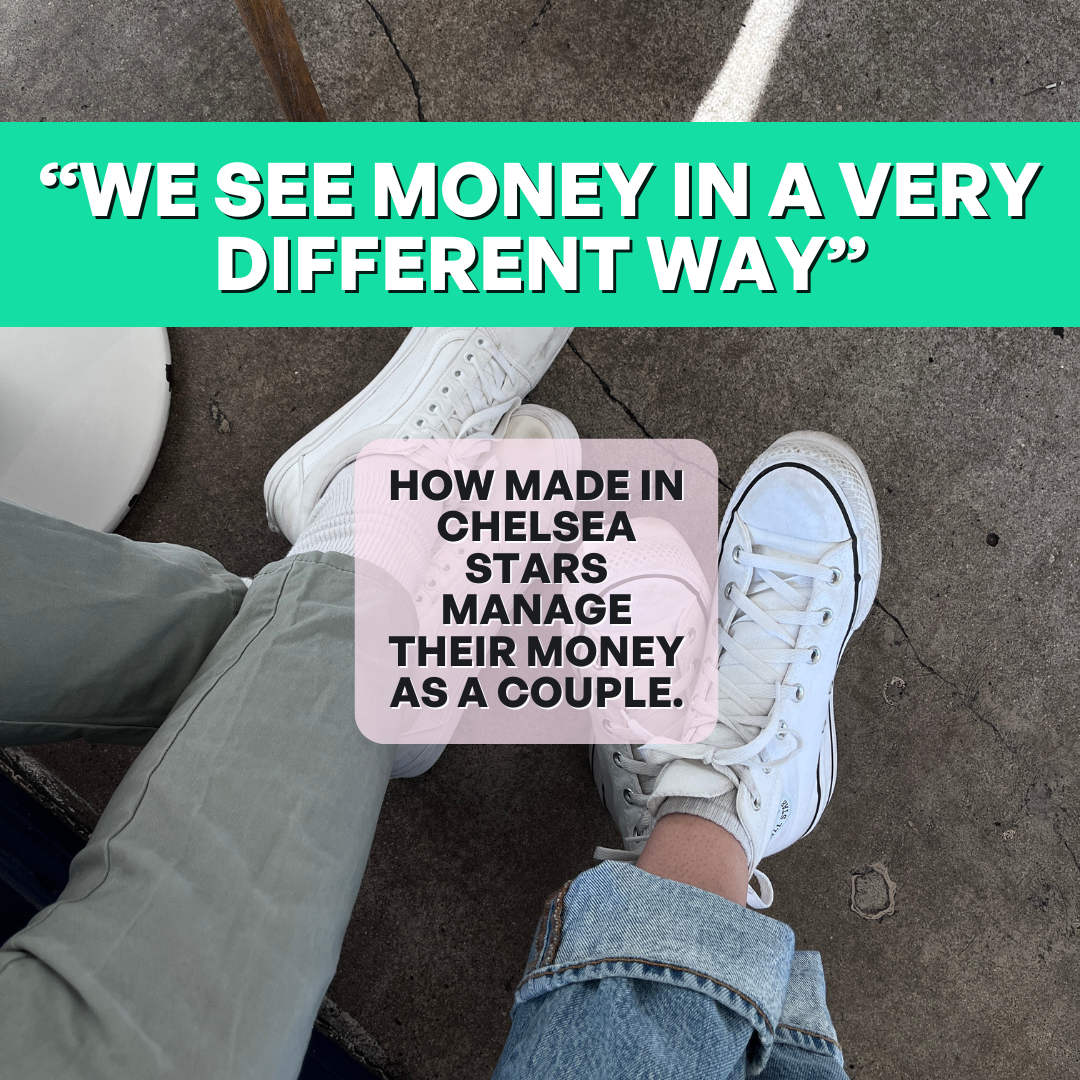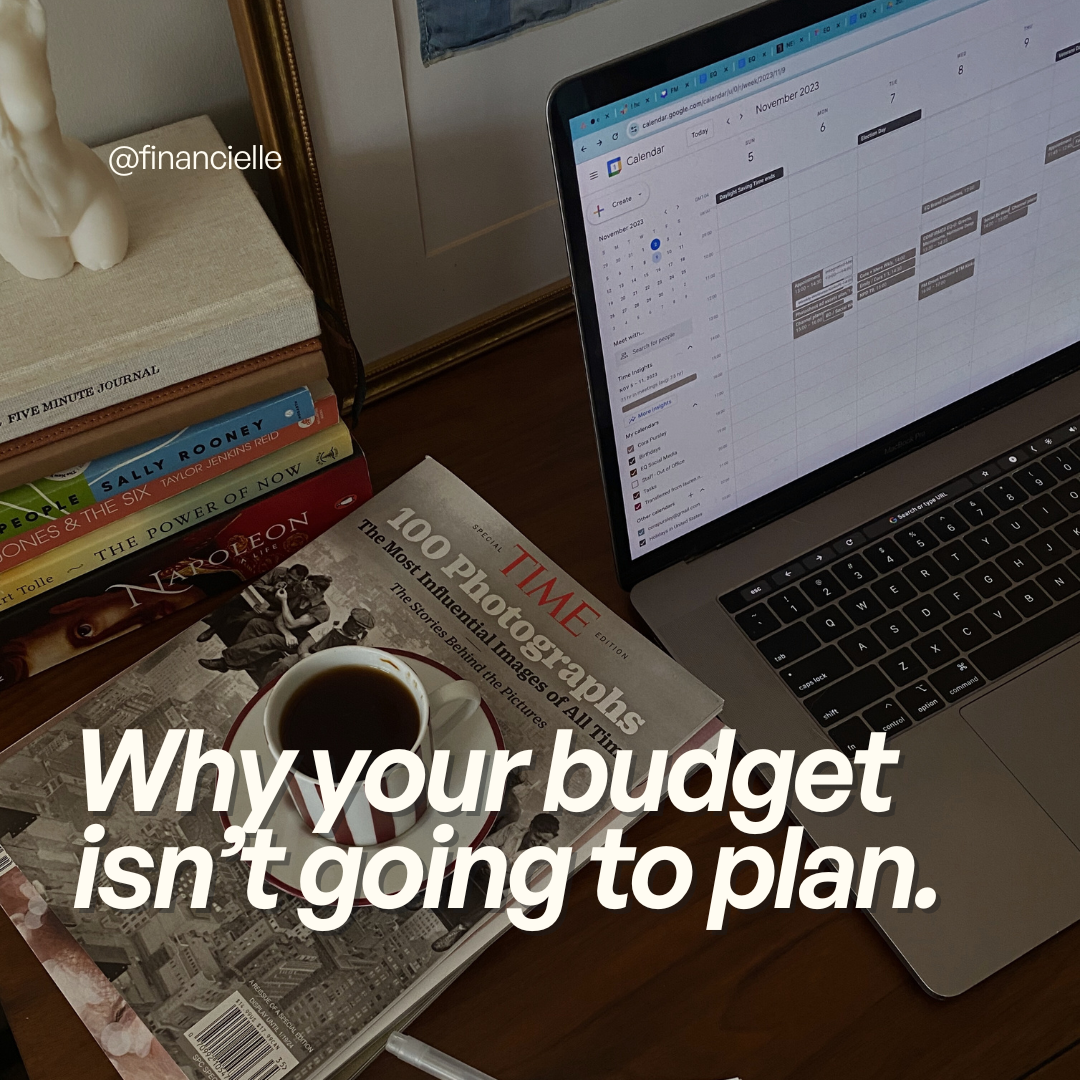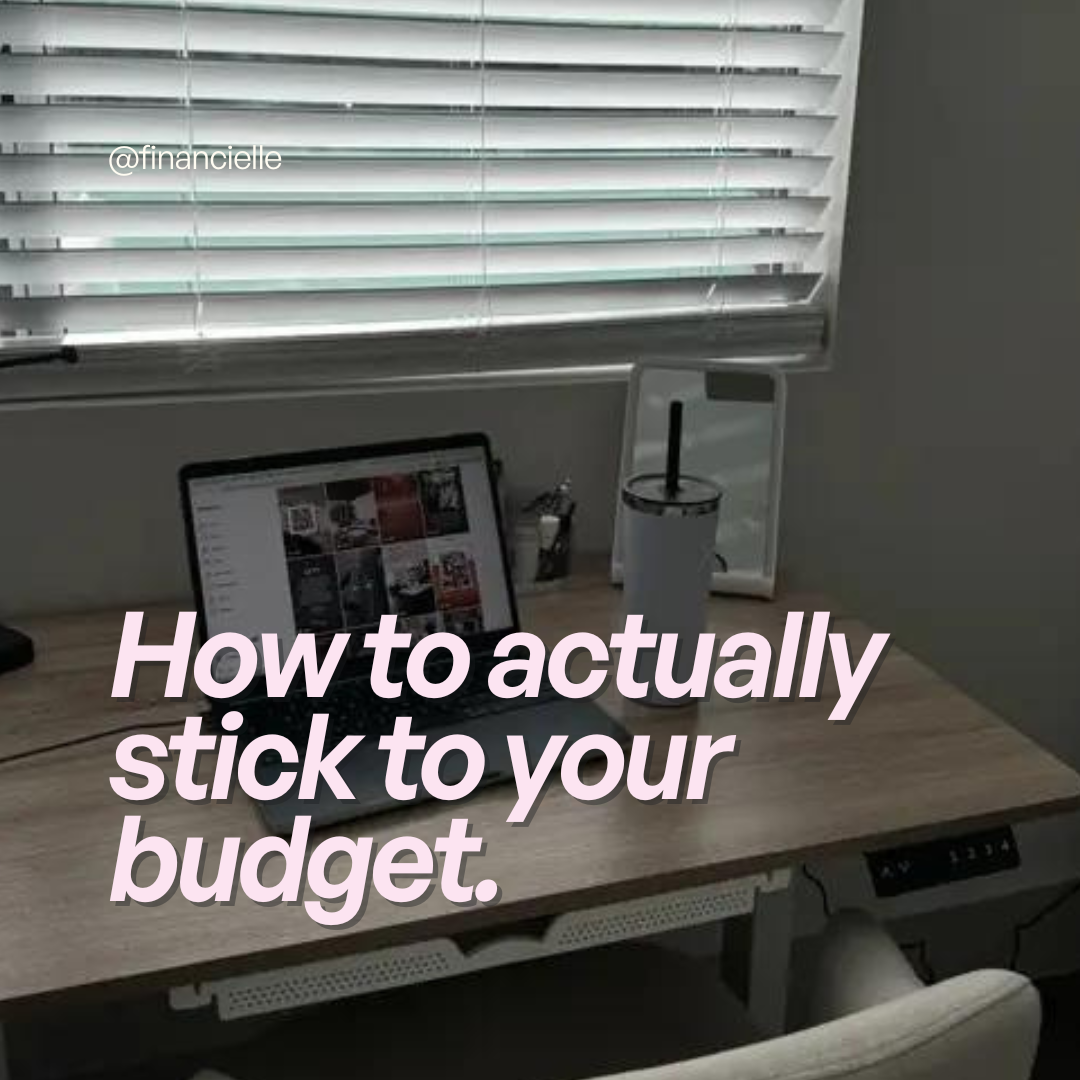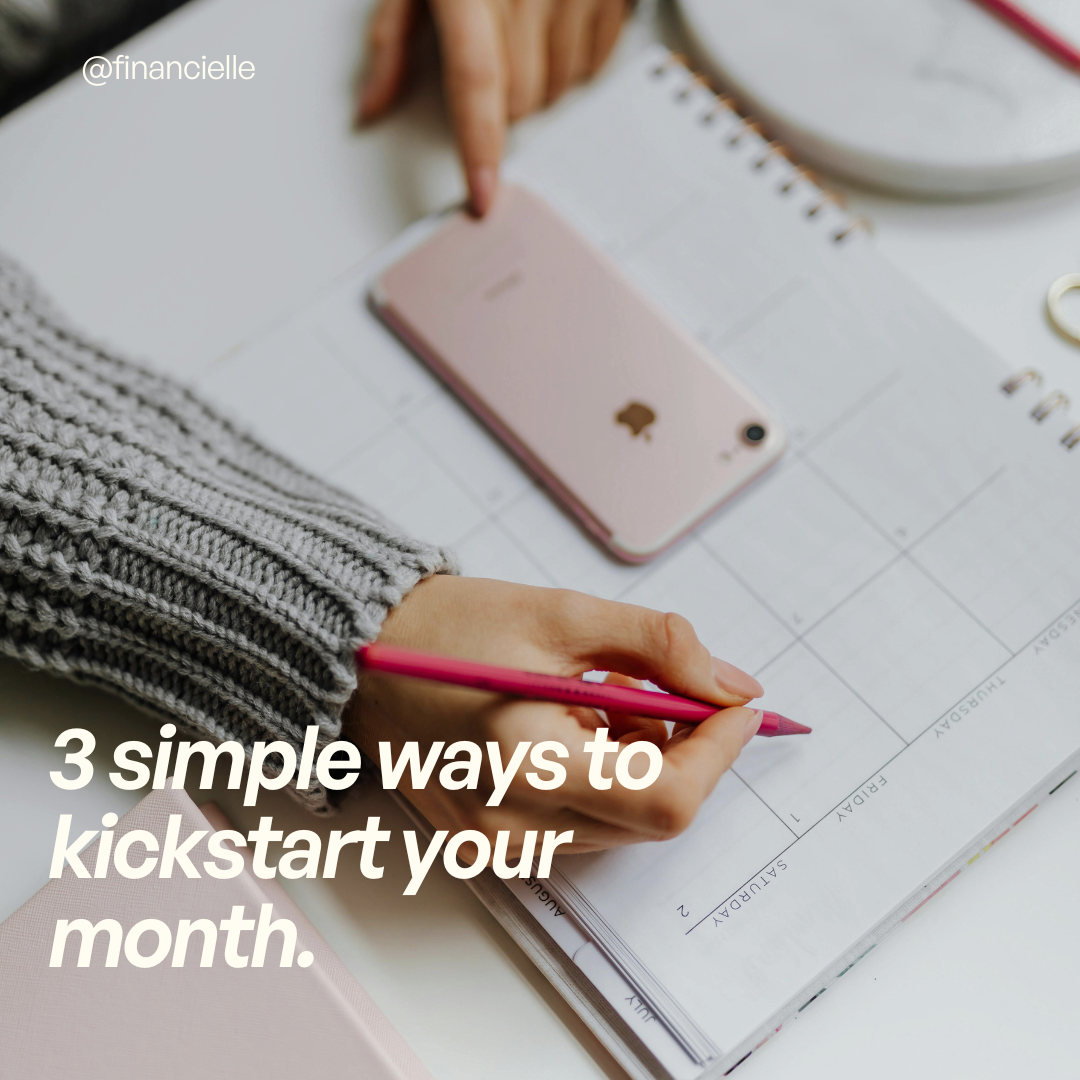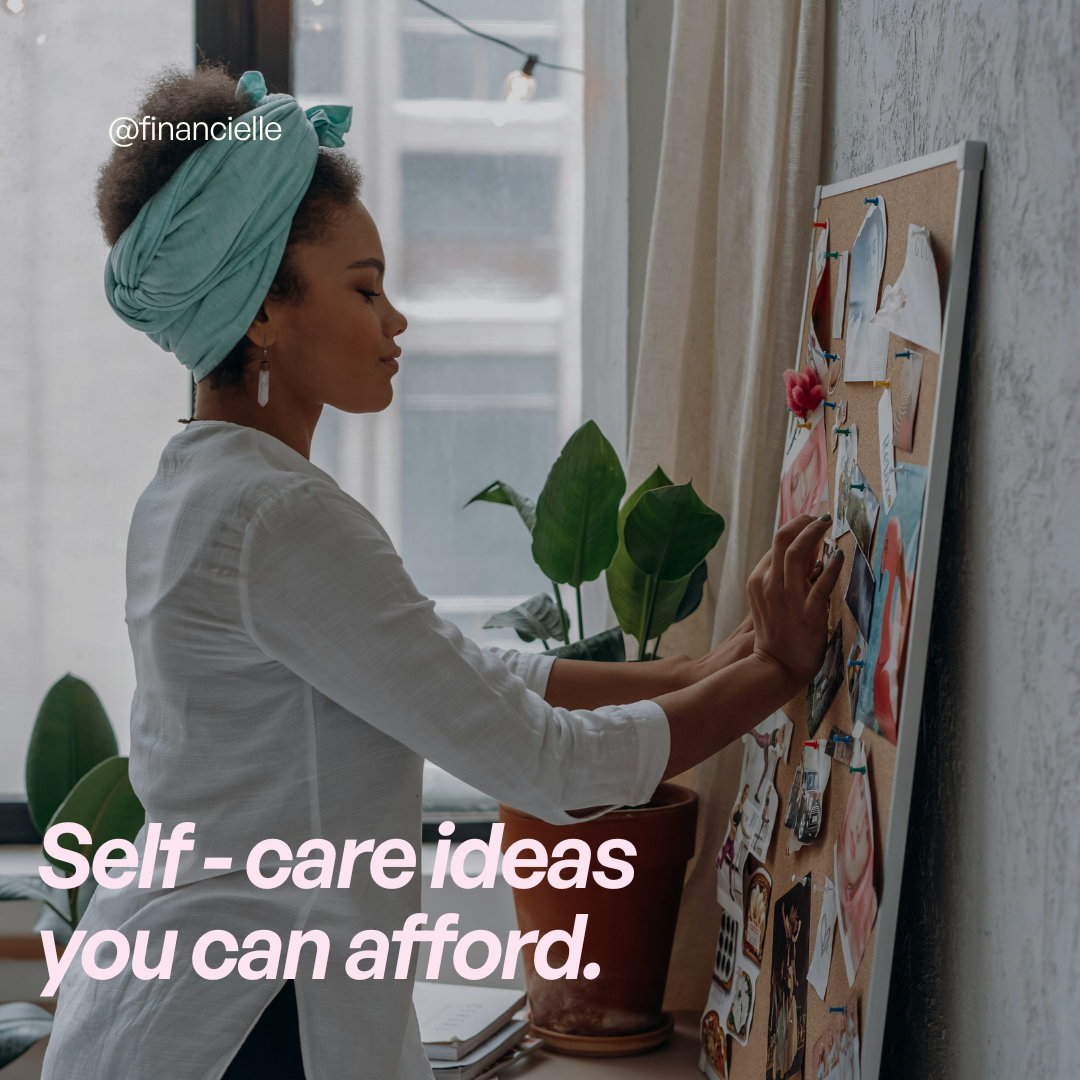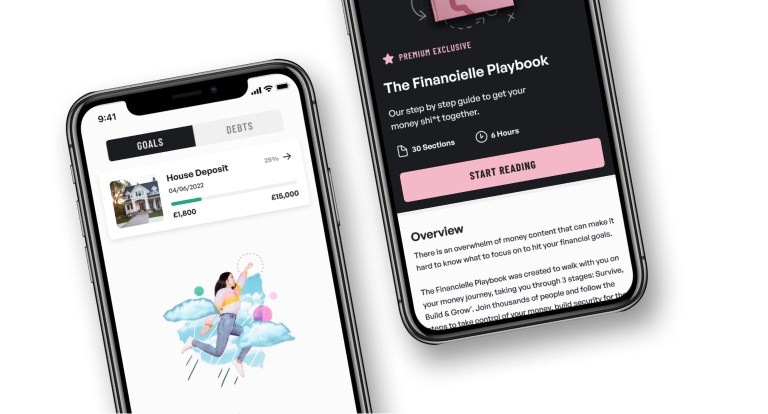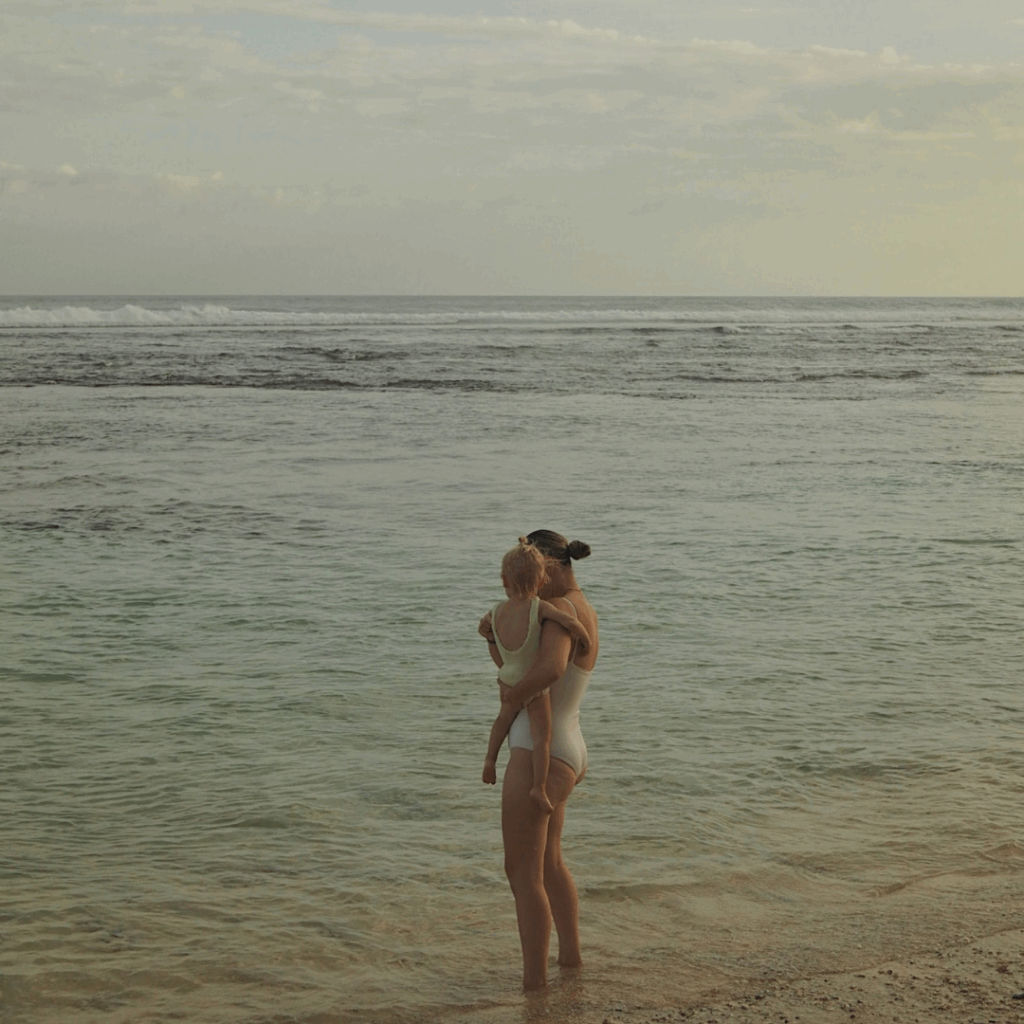
Guest post by Dr Eliza Filby – How the ‘experience’ economy corrupted parenting Pt.2
13 days agoSurely, I’m not the only parent who seriously questions all this money spent on supposedly #makingmemories. And surely, I’m not the only parent who can say with certainty that the best memories I’ve had with my kids have not been at these events. Often the predominant memory at said events is of me screaming at my kids to behave or observing other parents screaming at their kids to behave. Our parents never did any of this.
In a world lived mainly in the virtual, these experiences, we are told, bring us together – but do they? How many are precisely designed for the virtual world? Maybe for social media, or increasingly, for the private family WhatsApp groups where the urge for ‘demonstrative’ parenting is felt as much as on any social network.
The main zone where our modern family desire for ‘experiences’ is playing out is in travel. I remain completely seduced by those tales of parents who have rejected domesticity and the corporate rat race and go and live off-grid with their young kids in Bali or the like. They’ve escaped the school run, and their kids are fluent in tropical birdsong and busy whittling ceremonial daggers from ethically sourced bark. True, real-world education.
Over the past thirty years as the world opened up and travel became cheap, we ingested the liberal idea that travel broadens the mind. But does it? I’m not so sure. Whoever we are and wherever we go, we tend to navigate towards people just like us. But adventure travel now represents one in five holidays in the UK. The number of families with primary school aged children booking holidays in places like Africa and Thailand has grown by 60% over the previous year with popular destinations now Costa Rica, Belize and Madagascar. The generation of parents who all travelled in their twenties is continuing this passion into parenthood.
It is no coincidence that the rise of the experience economy, especially travel, coincided with the rise of social media and is particularly pronounced in Millennial parents who struggle to afford assets. It’s our generational game of ‘keeping up with the Joneses’.
My own son had seen an elephant in the wild before he knew how to tie his shoelaces. Remember no judgement, just fact. But I think back to how different it was when I was young. I was 16 before I travelled abroad. Times change of course, perhaps more pointedly then was the amount of my childhood I spent bored, doing mundane things and crucially accompanying my mum everywhere she had to be; in her office waiting for her to finish work, to the post office, bank, round the shops, to her friends’ parties. Today, in some (not all) households it is more likely to be the other way around. The child’s calendar dictating the parents’ weekend timetable and to-dos.
More to the point, we need to see how the economy and comparison culture has sucked us into a trap where ‘quality time with our kids’ has been defined as making memories at excessive expense rather than doing the low-fi, low-level stuff. It’s just not as fun to document their potty training or weaning or chores when a picture of meeting Santa garners lots of likes.
And this is where our relationship with time comes in. On the one hand, we are told the average person lives just 4000 weeks, which certainly generates a sense of panic and prioritisation. So you’d better love what you do, better see the world while you can, and better spend time with your kids who will not be kids forever. This is not a bad message to live by, but the truth is that modern humans have more time than any human in history and we probably waste more of it than previous generations in history. Average 5 hours a day on our smartphone, anyone? Are we better at prioritising our time than our ancestors? Isn’t it rather that modern capitalism has trained us to believe that the most effective, powerful, pertinent use of that ‘precious time together’ is to spend shit-loads of money…..
But we aren’t just suckers to advertising, our relationship with time has been largely contorted by the data-driven modern workplace. And paradoxically, this is true whether you are on a service-led zero-hours contract or professional-led billable hours. We are enslaved to time and tech in a way that our grandparents were simply not, and in an economy that requires the majority of both parents to work. So why is it that working mothers today spend just as much time with their kids as mothers did in the 1970s? It’s true but with a difference. Because working mothers now are required to make a much heavier distinction between ‘working’ time and ‘parenting’ time. As our working time expanded, so ‘parenting time’ became concentrated and much more focused. Better make the most of it…..better be present parents. And why not make it a happy experience for all and go out for brunch, to a theme park, or to a Strictly concert? And while you are there, why not publicly document precisely how good you are at being a parent and how you are making the most of these parenting years even though you’ve spent 10 hours every day that week working and most of the parenting time distracted by work, phone or thought of both? No judgement here. I’m describing exactly what I do.
But the major obstacle to this madness is children themselves who live to a completely different rhythm. One that is rather beautifully at odds with modern industrialised capitalism. They live on kiddie time in which there is inherent human wisdom. Ever seen how slowly they eat?…. Well, that is precisely the right way to eat because, as Tim Spector tells me, it enables the gut to tell the brain when your tummy is actually full! Humans aren’t meant to speedily stuff a sandwich into our mouths in ten minutes in between meetings.
At a conference I was speaking at recently a woman said something that spoke to this conflict between parent and child time: ‘In an instant society where waiting two minutes for the microwave to ping feels too long and we see our food ordered in a swipe, society is not built for parenting which in essence is a slow, quite often dull, process.’
Kids live to a different beat, one in which the modern culture of billable hours and data driven productivity doesn’t apply and more to the point, is frankly often in conflict. There’s no parenting productivity hack; be it potty training, kids mealtimes or learning how to dress. This is why weekday mornings in which kids and two adults have to get out of the house before 8 am is chaotic and often result in tears, and tantrums on both sides. We expect kids to move to our beat and they can’t, and quite often, won’t.
So what is the solution? Contort our kid’s calendars so they look like ours? One option. Or change ours to suit theirs? Let’s be realistic. I’ve landed on choosing to do far less with my kids. Yes, it’s cheaper, but it also requires me to get out of what I openly label ‘mummy’s manic mode’ and tap into their rhythm. It’s good for them; even better for me. This half term we embraced the mundane, we went to the Post Office, did chores and went on walks.
Now, I’m self-aware enough to realise this all sounds like a privileged ‘wake-up call’. And of course, truly opting out of the experience economy is a privilege in itself. But maybe, just maybe, the most radical inclusive act of modern parenting isn’t spending more, but doing less, documenting less and operating at a different pace.
Thank you to Dr Eliza Filby for sharing this fantastic article with us, you can find more of her amazing work here





